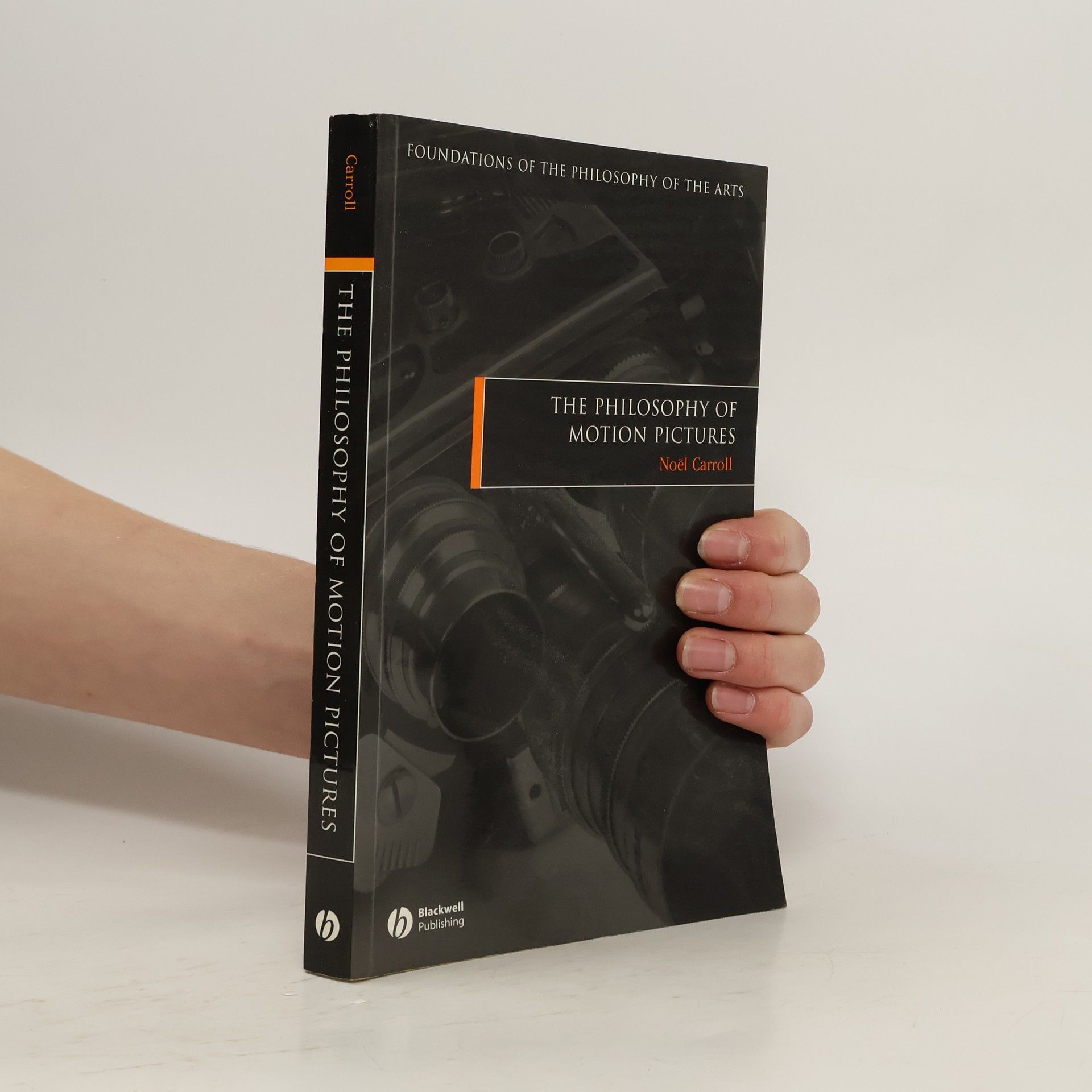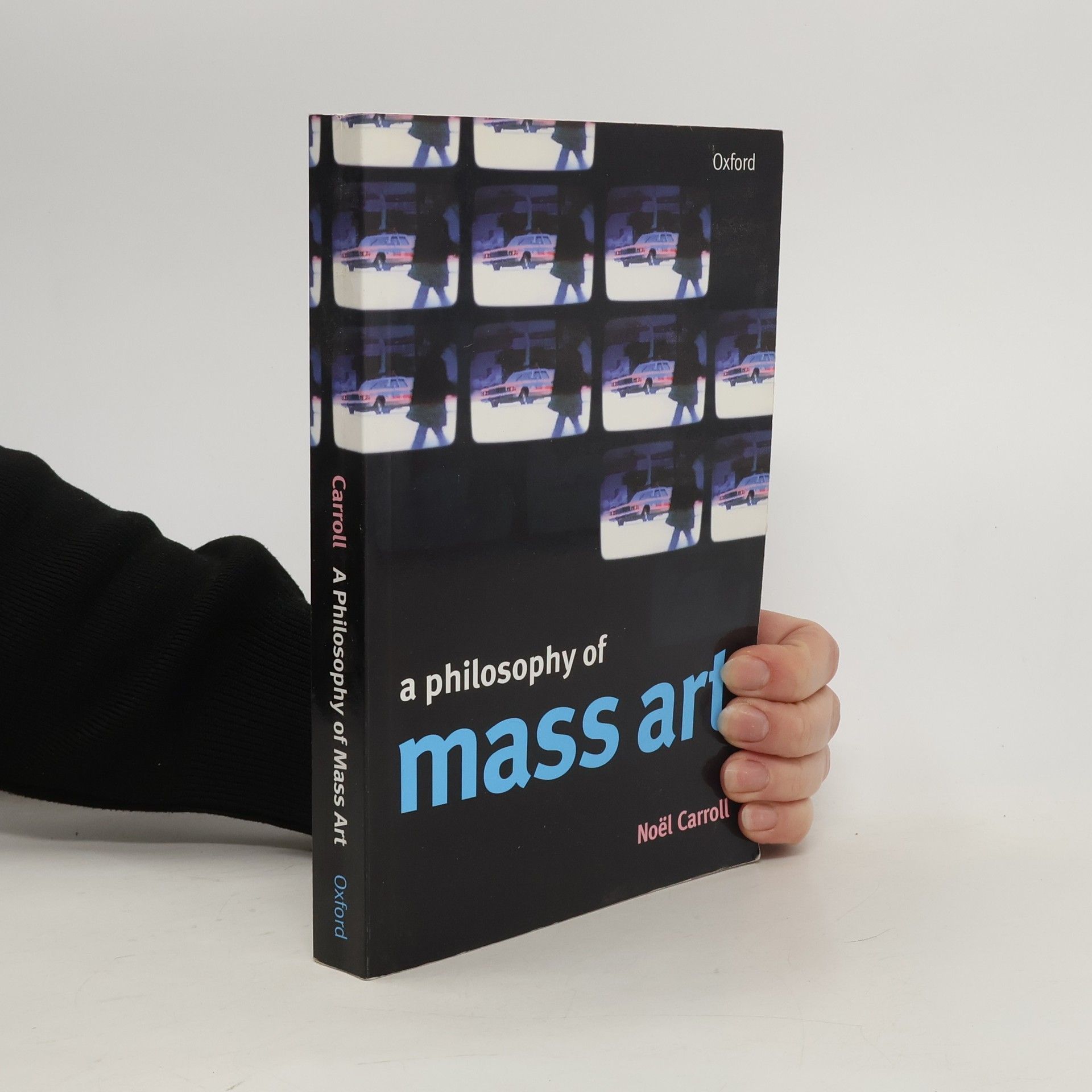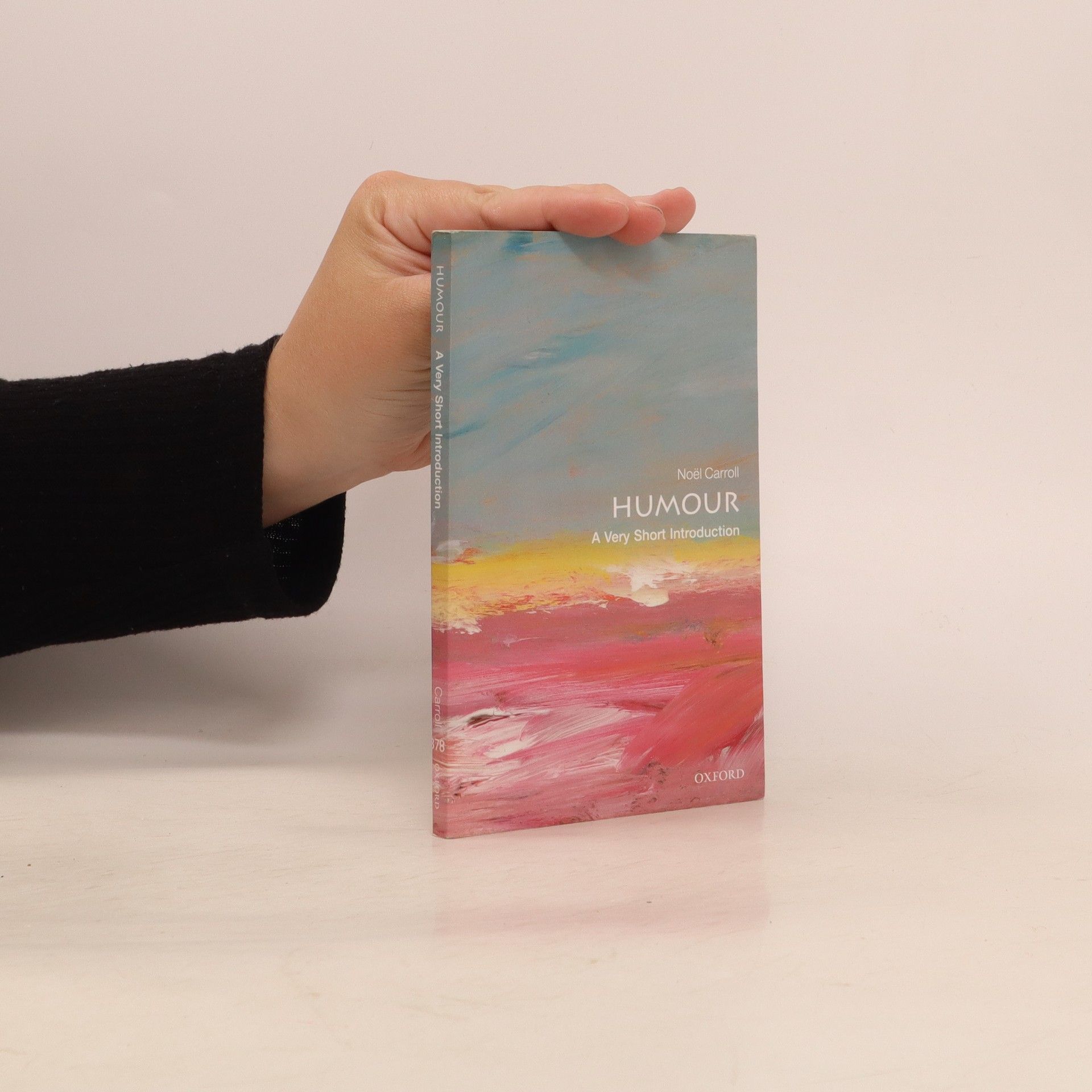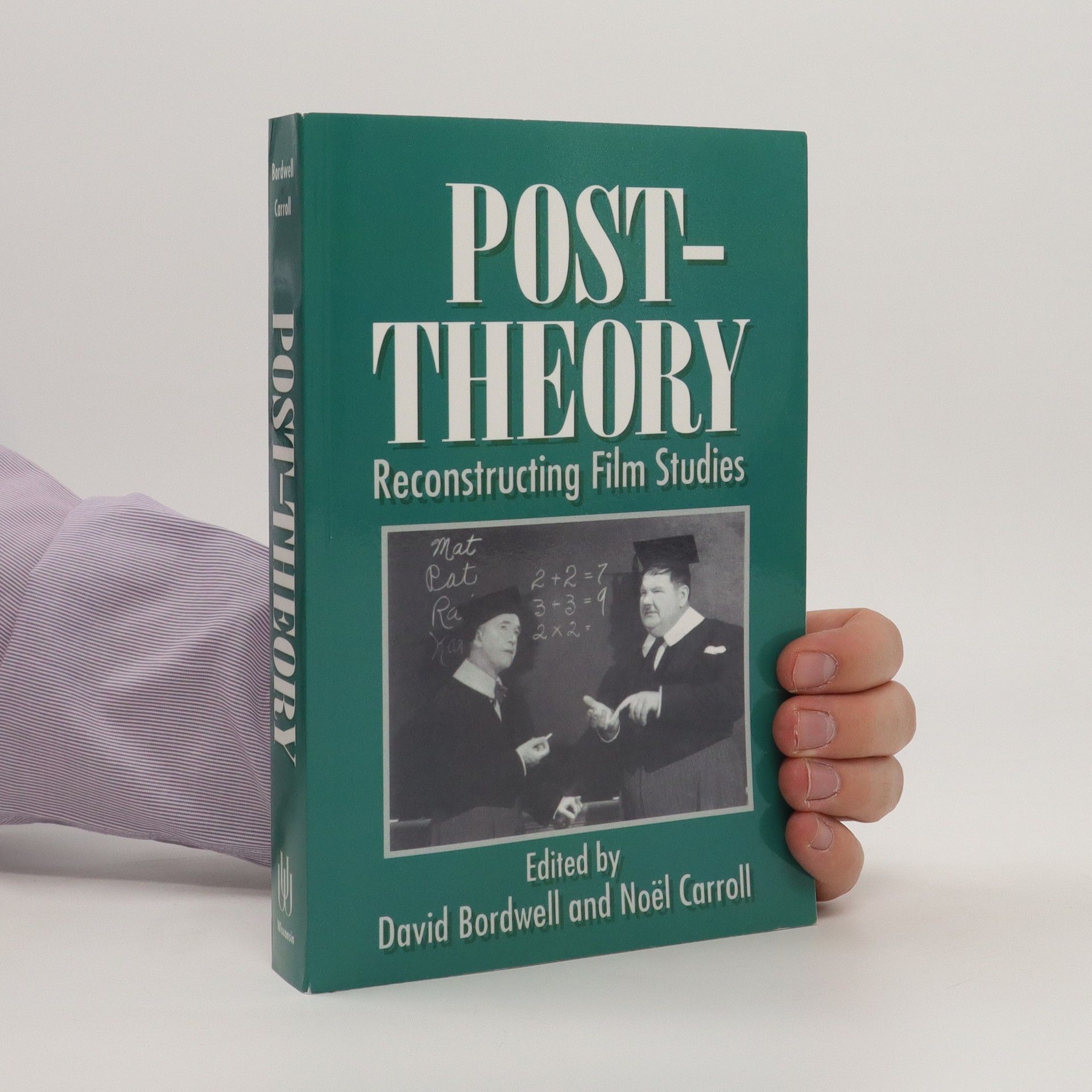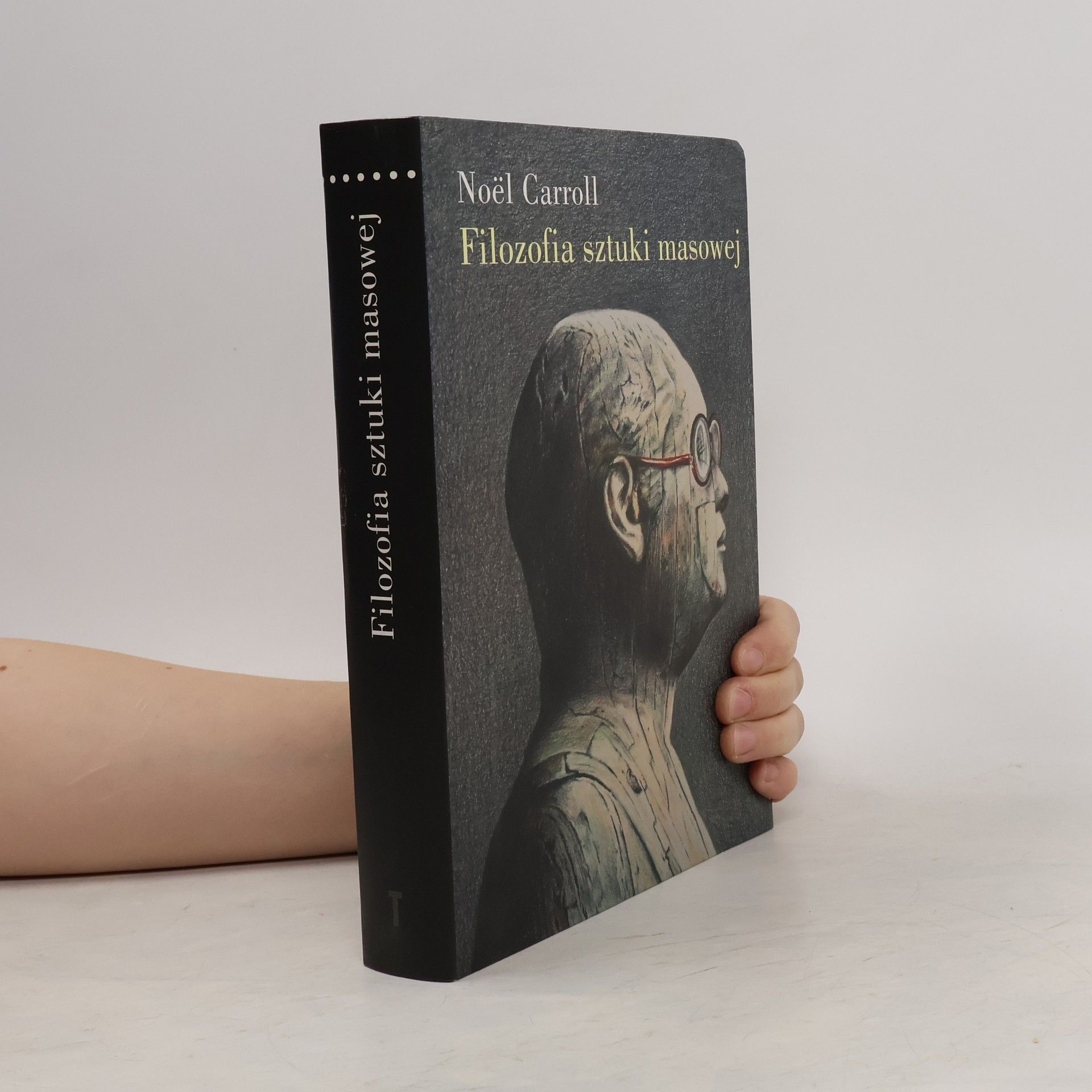Post-theory : reconstructing film studies
- 582pagine
- 21 ore di lettura
Since the 1970s, the academic study of film has been dominated by Structuralist Marxism, varieties of cultural theory, and the psychoanalytic ideas of Freud and Lacan. With Post-Theory, David Bordwell and Noel Carroll have opened the floor to other voices challenging the prevailing practices of film scholarship. Addressing topics as diverse as film scores, national film industries, and audience response. Post-Theory offers fresh directions for understanding film. Bordwell and Carroll pose a simple question. Why not employ many theories tailored to specific goals, rather than searching for a unified theory that will explain all sorts of films, their production, and their reception? The scholars writing here use historical, philosophical, psychological, and feminist methods to tackle such basic issues as: What goes on when viewers perceive a film? How do filmmakers exploit conventions? How do movies create illusions? How does a film arouse emotion? Bordwell and Carroll have given space not only to distinguished film scholars but to non-film specialists as well, ensuring a wide variety of opinions and ideas on virtually every topic on the current agenda of film studies. Full of stimulating essays published here for the first time, Post-Theory promises to redefine the study of cinema.

